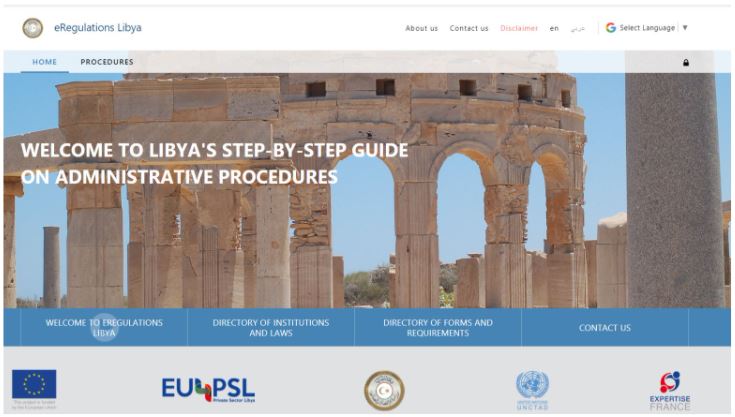By Nihal Zaroug.
Tripoli, 29 May 2013:
In a bid to . . .[restrict]accommodate the growing technological needs of multinational businesses operating in and out of Libya, TI Sparkle, the international services arm of Telecom Italia Group, and Gateway for Telecommunications & Informatics Company, a local network operator, have signed a deal to offer International Private Leased Circuit (IPLC) services.
IPLC can deliver solutions to organisations that have offices in varying locations, allowing for communication via video conferencing, internet and other data exchange systems. IPLC has the added advantage of being cost-effective, as it eliminates redundancy charges and allows for billing on a single invoice, payable at one customer location.
Haitham Ebraheem, Marketing Director and the acting CEO of Gateway, told the Libya Herald, end-to-end services provided locally by Gateway and internationally by TI Sparkle, allow data-traffic to move “between a point of presence in Libya and a location outside of Libya.” He added, current services will offer a wide range of bandwidth speeds through “Synchronous Digital Hierarchy (SDH) and Ethernet over SDH Service (Layer 2)”. This option is more flexible and well-suited for clients with high-volume communications, particularly when compared to the more traditional leased-line service, said Ebraheem.
Gateway’s services are not satellite-based. Their international capacity is purchased wholesale from the Libya International Telecommunications Company (LITC) and delivered over fibre links on Gateway’s own local network.
Ebraheem explained that Gateway is not an Internet Service Provider (ISP) but rather a “Value Added Service operator”, offering services “that are head and shoulders above any other possible service provider. This can be demonstrated through our partnership with TI Sparkle, which has a presence all over the world, providing such services with a proven quality.”
Asked if such an agreement with TI Sparkle, would have been possible pre-war, Ebraheem answers, “this partnership would not be possible pre-revolution, as the private sector had very limited space and the governmental hierarchy was very corrupt, which made it impossible for a private company to compete.”
The preparations leading to the agreement have been beneficial to Gateway. The company’s acting CEO told the Libya Herald, “such a partnership takes some time to finalize and to reach the standards set by our international partner, in order to provide a world-class service to our customers.”
However, there are limitations that Gateway cannot solve alone and currently rule out in the next phase of its arrangement with TI Sparkle. For instance, the planned service of Multi-Protocol Label Switching (MPLS), which better manages and speeds up network flow, will only be available when such protocols exist on LITC’s network, said Ebraheem.
Such setbacks aside, Elisabettea Ripa, TI Sparkle’s CEO, said during the contract signing on 21 May, “we are very happy of this new partnership that adds to relevant existing relations with Libyan operators, as corporate customers’ demand for international services with Libya continues to grow”. [/restrict]









